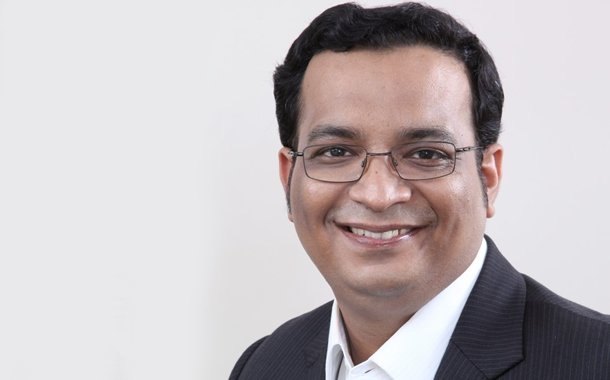Organizations must adapt new ways to tackle cybersecurity challenges from pocket to the cloud and edge and other emerging techs such as AR/VR and blockchain.
In this evolving digital era where everything is connected and automated – from smart homes and cities to industrial IoT devices, artificial intelligence (AI), and virtual reality (VR) experiences — technologies that were once confined to the imagination are now accessible to the general people. Rapid digital transformation has changed the face of business and IT while, at the same time, leaving organizations more exposed to cyber risks than ever before.
As new technologies evolve, so do cybercriminals. With the increasing adoption of emerging technologies comes an increased risk of cyberattacks from criminals who find loopholes and view several underlying processes as easy targets. Organizations must adapt and implement new ways to tackle cybersecurity challenges from pocket to the cloud and edge and other emerging technologies such as AR/VR and blockchain. Fortunately, as security attacks become more sophisticated, technology also continues to become smarter. CIOs/CISOs need to identify areas that are vulnerable to cyberattacks and onboard the right solutions that help secure crucial data. Here are three ways CIOs/CISOs can tackle cybersecurity challenges:
- Adopt a Zero-Trust Approach: Managing the credentials, roles, and rights of employees at a firm, as well as what data, applications, and systems they can access, is the first wall of defense that can help protect data from cybercriminal activities. Adopting a Zero-Trust architecture mandates that no individual, system, or application may access data, applications, or systems without appropriate verification and authentication.
- Leverage AI & ML for threat identification: A secure infrastructure can analyze whether the data involves malicious activity or corrupt applications. Through AI & ML, CIOs/CISOs can consistently monitor data and the entire IT environment for malicious activity and bad actors. Evolving technology, such as anomaly detection, can go a long way in detecting and protecting company data from cyber threats. Using AI can also help organizations learn and continually adapt to evolving cyber threats.
- Automate Infrastructure: Automation of IT leverages computer systems to manage workloads without human intervention. This is vital in today’s time because cybercriminals strategically target people – and even one moment of panic or lack of clarity in performing the next action during a cyberattack can cause millions worth of damages. Automation can protect the IT environment from cyber threats by successfully bringing back applications, systems, and data from a cyber assault. CIOs/CISOs can also leverage automation to test their system resiliency as often as required and strengthen security capabilities across the IT environment. Furthermore, automation contributes to monitoring malicious activities, helps fix contaminated data, and helps recover data without human intervention.
The role of CIOs/CISOs is becoming more critical than ever for organizations operating in the digital era. As businesses continue to become more reliant on technology to grow, the scale of responsibility of CIOs/CISOs to protect company data from cyber threats becomes even more crucial.
As digitalization in India accelerates, and technologies such as edge computing become more prominent with the emergence of 5G, businesses must be prepared to secure data from cybercriminals. Lenovo’s Edge servers offer essential cybersecurity capabilities, including key-encrypted storage and physical security features, such as a locking bezel, as well as intrusion and tamper-detection mechanisms. Further, Lenovo’s new infrastructure Solutions V3 portfolio – ThinkAgile, ThinkEdge & ThinkSystem solutions are optimized to accelerate global IT modernization with advanced performance, security and sustainable computing capabilities.
The new portfolio provides CIOs/CISOs with unique open architecture, advanced management, superior reliability and comprehensive security to help companies harness the new era of IT. These solutions are equipped with security features leveraging our industry-renowned ThinkShield security capabilities – a comprehensive approach to security for all infrastructure, supply chain and manufacturing, providing key platform subsystem protection against cyberattacks, unauthorized firmware updates and corruption. Security by design is the foundation with which Lenovo builds its ThinkShield portfolio. With industry-leading security features, ThinkShield by Lenovo keeps businesses and their data safer.
Profile :
A business leader with proven expertise in formulating, developing and implementing yearly business strategies to ensure attainment of business goals, Amit Luthra is currently serving as Managing Director – India, Lenovo ISG. He has proven credentials and expertise in Datacenter technologies like Virtualization, Cloud, Storage, Compute and Networking platforms.
By Amit Luthra, Managing Director – India, Lenovo ISG


